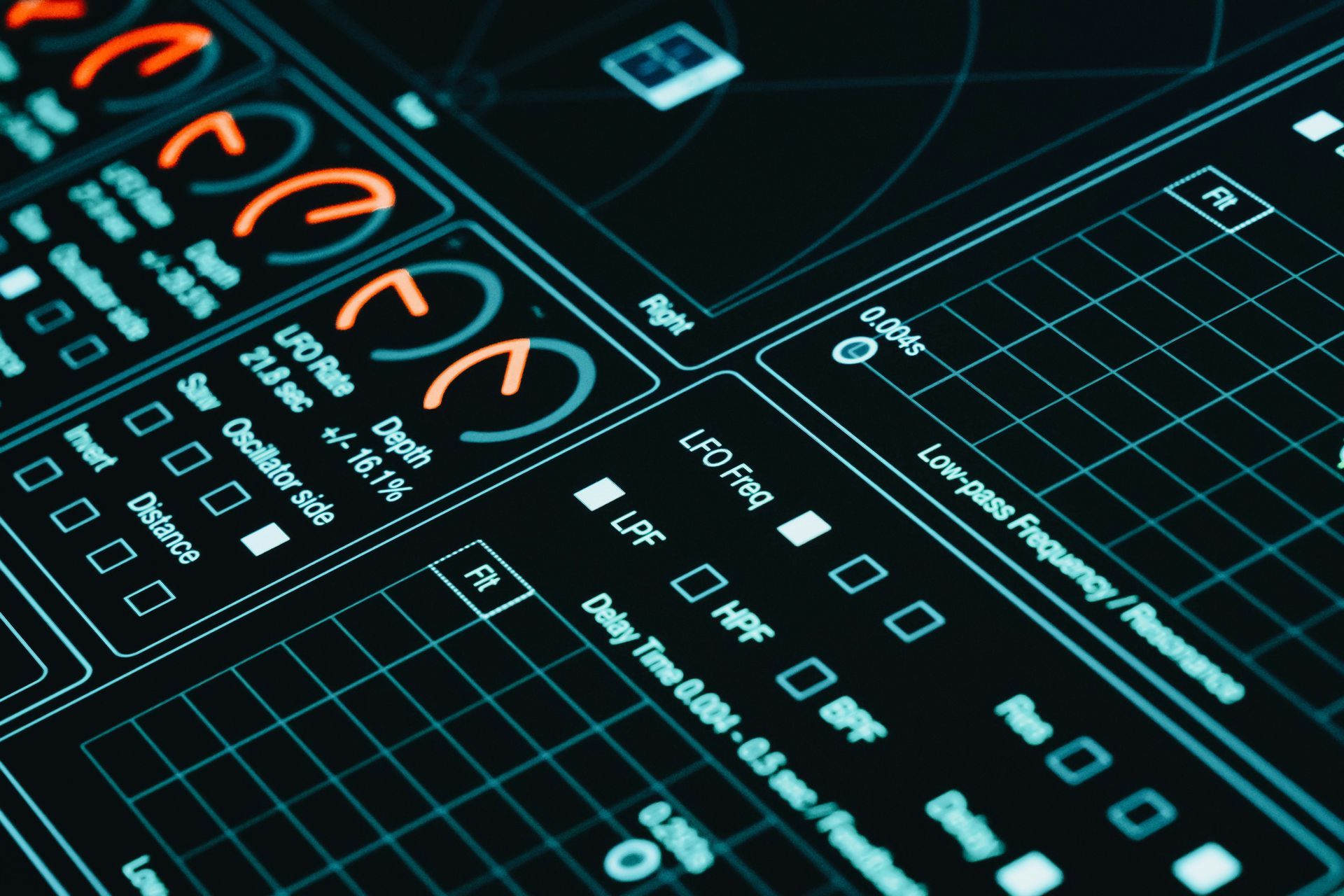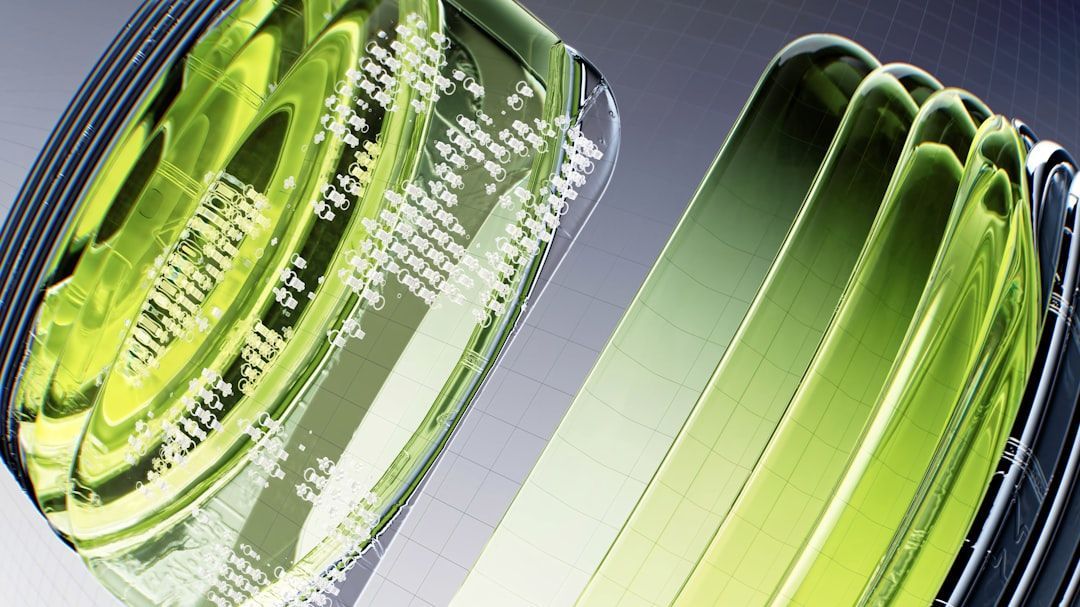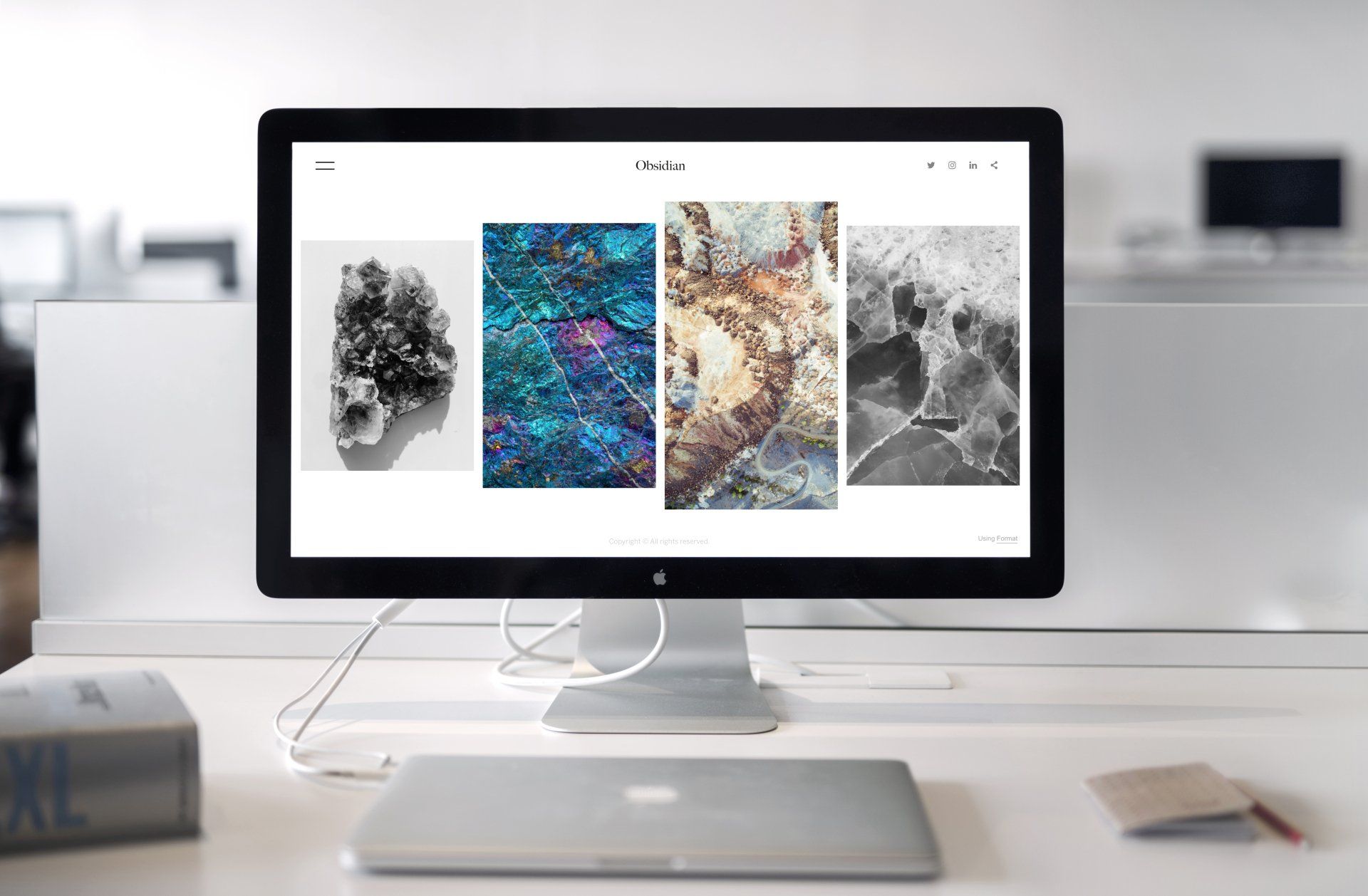
How AI Web Design is Changing the Game for Small Businesses
Artificial intelligence is making waves in many industries, and web design is no exception. For small businesses looking to stand out in the digital world, AI web design offers an exciting opportunity to enhance their online presence with less hassle. From automated web design solutions to machine learning for websites, these tools are changing how entrepreneurs approach building their sites. As we explore artificial intelligence in web design, you’ll find that these advances are not just for big companies—they’re accessible and beneficial for small business owners too. Let’s take a closer look at how AI design trends are reshaping the way we create and manage websites.
The Rise of AI in Web Design
Artificial intelligence is revolutionizing the web design industry, offering new possibilities for businesses of all sizes. Let’s explore what AI web design means and how it’s benefiting small businesses.
Understanding AI Web Design
AI web design refers to the use of artificial intelligence technologies in creating and optimizing websites. This innovative approach combines machine learning algorithms, natural language processing, and automated design tools to streamline the web development process.
AI-powered web design tools can analyze user preferences, industry trends, and design principles to generate visually appealing and functional websites. These systems learn from vast datasets of successful designs, enabling them to create layouts that are both aesthetically pleasing and user-friendly.
By leveraging AI, web designers and small business owners can save time and resources while still achieving professional-looking results. The technology can handle tasks like layout creation, color scheme selection, and even content generation, allowing humans to focus on more strategic aspects of web design.
Benefits for Small Businesses
Small businesses stand to gain significantly from AI web design tools. These technologies level the playing field, allowing entrepreneurs to create professional websites without extensive design experience or large budgets.
One of the primary advantages is cost-effectiveness. AI-powered web builders often offer affordable solutions that can produce high-quality websites quickly. This efficiency translates to reduced development time and lower expenses for small business owners.
Zapier’s blog on AI website builders highlights how these tools can help businesses create personalized user experiences. AI algorithms can analyze visitor behavior and preferences, enabling websites to adapt and provide tailored content to each user.
Key AI Web Design Tools
The market for AI web design tools is growing rapidly, with various solutions catering to different needs and skill levels. Let’s look at some popular automated solutions and how machine learning is being applied to website creation.
Popular Automated Solutions
AI-powered website builders are becoming increasingly sophisticated, offering user-friendly interfaces and impressive results. These tools use artificial intelligence to simplify the design process and create professional-looking websites quickly.
B12 is an example of an AI-driven web design platform that combines automation with human expertise. It uses machine learning algorithms to generate initial designs based on the user’s industry and preferences, which can then be refined by professional designers.
Another popular option is Wix ADI (Artificial Design Intelligence), which creates unique websites by asking users a series of questions about their business and design preferences. The AI then generates a customized site that can be further edited and personalised.
Machine Learning for Websites
Machine learning is a subset of AI that’s making significant impacts in web design. These algorithms can analyze vast amounts of data to identify patterns and make decisions, leading to more intelligent and adaptive websites.
Duda incorporates machine learning into its platform to offer personalization features. The system can automatically adjust content, images, and calls-to-action based on factors like the visitor’s location, time of day, or browsing history.
Machine learning also powers advanced analytics tools that can provide insights into user behavior and website performance. These insights help businesses make data-driven decisions to improve their online presence and user experience.
AI Design Trends to Watch
As AI continues to evolve, it’s shaping the future of web design in exciting ways. Let’s explore some emerging trends and how businesses can stay ahead in this rapidly changing landscape.
Future of Artificial Intelligence in Web Design
The future of AI in web design looks promising, with advancements in natural language processing and computer vision leading to more intuitive and creative design tools.
One trend to watch is the development of AI-powered voice interfaces for websites. As voice search becomes more prevalent, websites that can interact with users through natural language will likely gain an advantage.
Another exciting development is the use of AI for creating more accessible websites. Machine learning algorithms can analyze designs and suggest improvements to make sites more usable for people with disabilities.
Staying Ahead in the Game
To stay competitive in the evolving landscape of AI web design, businesses should keep informed about new technologies and be willing to experiment with innovative tools.
A Reddit discussion on AI website design tools offers insights from web developers who have tested various platforms. Reading such discussions can provide valuable perspectives on the strengths and limitations of different tools.
It’s also important to remember that while AI can handle many aspects of web design, human creativity and strategic thinking remain crucial. Businesses should aim to combine the efficiency of AI with human expertise to create truly outstanding websites.









